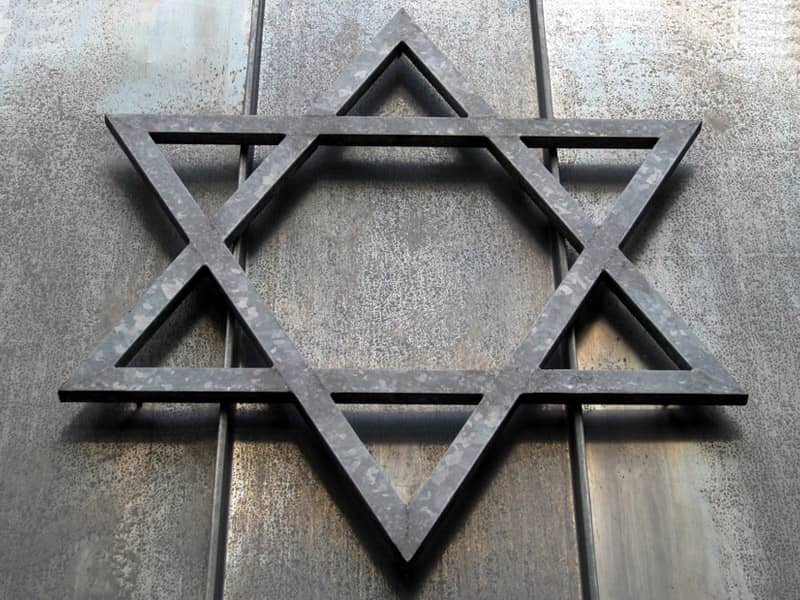"Dear Dr. Laura," reads a bit of internet humor currently circulating through religion-based lists, "thank you for teaching me that homosexuality is eternally sinful according to the Bible. Now I have a few other questions: I recently built a sacrificial altar in my backyard. The Bible says that God savors the odor of burnt offerings, but my neighbors don't. How shall I proceed? Also I'd like to purchase a slave from a nearby foreign nation, as the Bible suggests. A friend of mine says that this law is applicable to Mexicans, but not Canadians. What's your opinion? I'm also interested in selling my daughter for cash, where might I find a buyer? ..."
 |
 |
 |
 |
|
|||
 |
Our survival as a people is contingent not only on preserving Torah but also on interpreting it. But how did we Jews ever find the chutzpah to interpret God's revealed word? This week's portion provides us with that presumptuous methodology. It turns out that Moses himself taught us this in the Torah itself, in the book of Deuteronomy.
Deuteronomy's tale opens 40 years after the momentous events of the Exodus from Egypt and the Revelation at Sinai. Moses stands just beyond the Jordan and recounts the sacred history of the Hebrew people to a generation born in the desert. He tells them how their structure of government emerged, the course of their journeys from Egypt, their triumphs and failures. He explains the shift in generations and prepares them for his successor, Joshua. Moses encourages their resolution for the battle ahead. So far, so good.
Deuteronomy is a repetition of Exodus, but not an exact copy. One might say that Deuteronomy is an interpretation of Exodus, directed to be most meaningful for those who must follow it. Deuteronomy speaks to the changed spiritual sensibilities of a new generation. Its laws seem to express more concern for the underclass, for slaves, aliens, and women.
Rabbi Dianne Esses maintains that transmission by its nature is transformative. As each succeeding generation recounts its history and experience to the next generation, the story is altered to ensure its relevance to both the teller and the listener. Though details may be changed, the sacred narrative is thus maintained and supported.
The Torah teaches that each succeeding generation of Jews was at Sinai. We "were" at Sinai. We are the generation of the Revelation and the generation commanded to teach the Revelation to our children, the next generation. We are a generation able to look to our past and able to refract the lessons of the past through our own experience of the present. Just like every generation of Jews before us.
Dear Dr. Laura, sometimes I wonder if you understand that even Moses interpreted Torah. And that generations of rabbis have created a rich tradition of evolving Jewish law and practice. I'm glad that the Jewish people aren't trapped by the social and cultural environment of 3,000 years ago, and I sincerely wish you can make it out of there as well.

